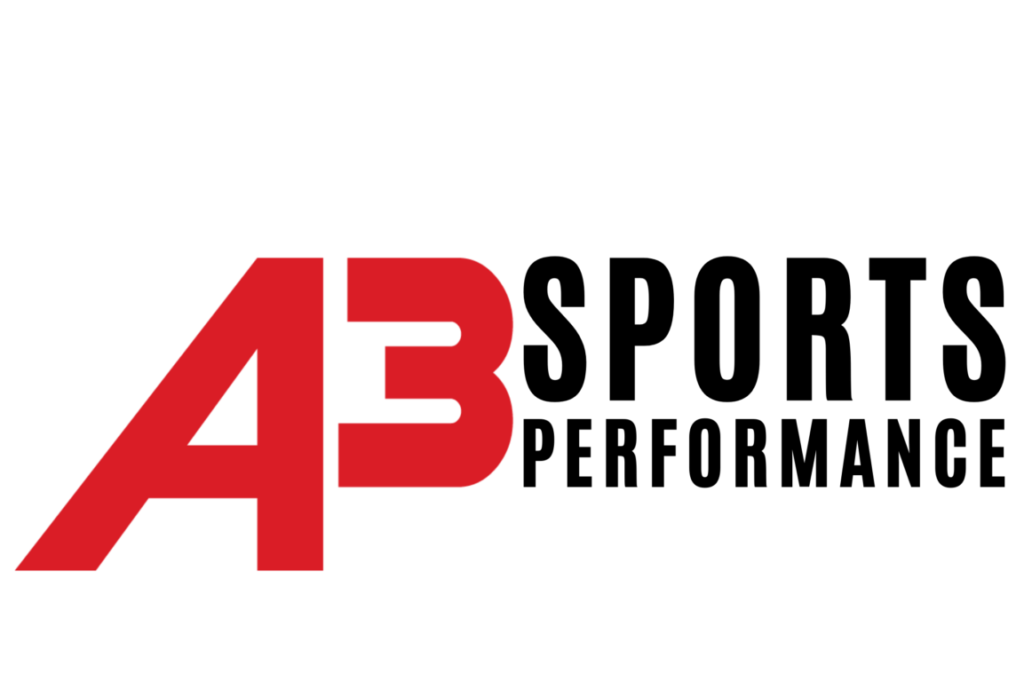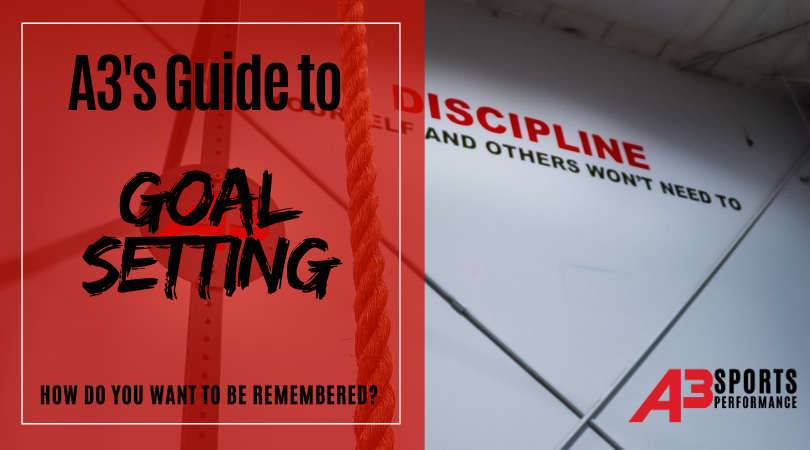Goal setting is important for student-athletes to continue to achieve high performance levels. Having goals helps you stay motivated, be resilient, and give purpose to the work you put in everyday. Check out these goal setting tips to set you up for success!
Tip 1. Process vs. Outcome
It can be tempting to set a goal that is only determined by the outcome. An outcome goal focuses on factors you won’t have full control over, such as making the playoffs or winning against a certain team. You could do everything right but still not achieve your goal because something out of your control is affecting the outcome.
Set goals that are focused on the process. A process goal focuses on measurable factors you do have control over. Here are a few examples:
– Spend 20 minutes stretching after practice
– Make 100 free throws each week outside of practice
– Drink 60 oz. of water each day.
Process goal setting works better because it tells you specific actions you need to DO in order to achieve a performance standard.
Your process goals could ultimately help you achieve a desired outcome (like the big W) but will help you stay focused and consistent each day on what you can control for your success.
Tip 2. Positive vs. Negative
Your goals should focus on more positive perspectives than negative. A negative goal focuses on factors that have you stop an action, such as telling yourself not to miss free-throws during a game. The more you tell yourself not to miss, the more likely you will miss. It makes sense… how often do you tell yourself not to think about something, only for it to be the only thought you have?!
A positive goal focuses on factors that keep you moving forward. This type of goal creates change by adding actionable steps, such as having a cue word that encourages skill consistency by reminding you of important steps you need to take to be successful.
You can make any goal positive by adding actionable steps. Rather than telling yourself not to miss a free-throw, use a cue word that reminds you what you need to do, like ‘explode.’ This reminder during the skill will help with your follow-through and success.
Tip 3. Adaptability
This year we have learned how to adapt and be flexible in unexpected situations. You have overcome the challenges of this changing year, despite cancelled or postponed seasons.
One of the best ways to be effective in your goal setting is to understand that plans change, and you need to be able to adapt and improvise to keep yourself on the path of success.
If there’s a day you don’t have time to stretch after practice, be sure to stay more hydrated and try to get in a few minutes of light stretching before bed instead of doing nothing.
You might have some days where you’re running on empty. Talk to your coach and practice effectively instead of skipping practice or pushing so hard you get injured.
Maybe you don’t have access to a gym or weightlifting equipment but still need to get in some reps. Try to find household items to hold you over, like this simple DIY Ryan taught us earlier this year.
We hope these tips encourage you to continue working towards your goals!


